The most bizarre elections in American history
American elections have always been colorful affairs, full of unexpected twists and turns. From bitter rivalries to surprise outcomes, they reflect the changing tides of society.
While some elections are straightforward, others have shaped the nation’s political landscape in unforgettable ways. Join us as we explore some of the wildest elections in U.S. history, where every vote and decision carved a path for the future.
The Election of 1800: Jefferson vs. Adams and the Birth of Political Rivalry
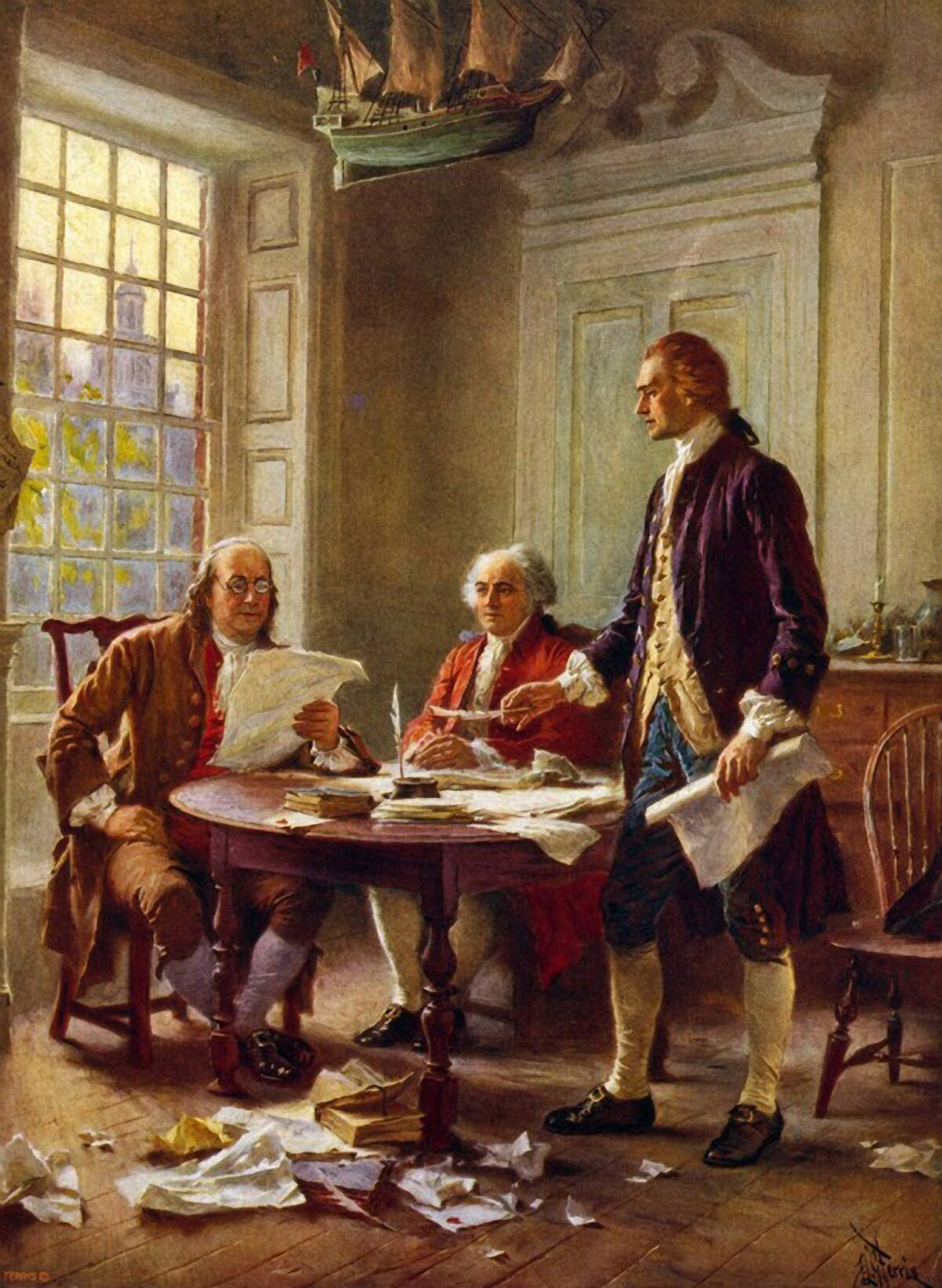
The election of 1800 marked the first major political rivalry in the United States. Thomas Jefferson and John Adams, once allies, faced off in a heated contest.
This election introduced the two-party system, with Jefferson’s Democratic-Republicans and Adams’s Federalists. It also resulted in a tie in the Electoral College, leading the House of Representatives to decide the outcome in Jefferson’s favor after 36 ballots.
The Corrupt Bargain of 1824: When the House Decided the Presidency
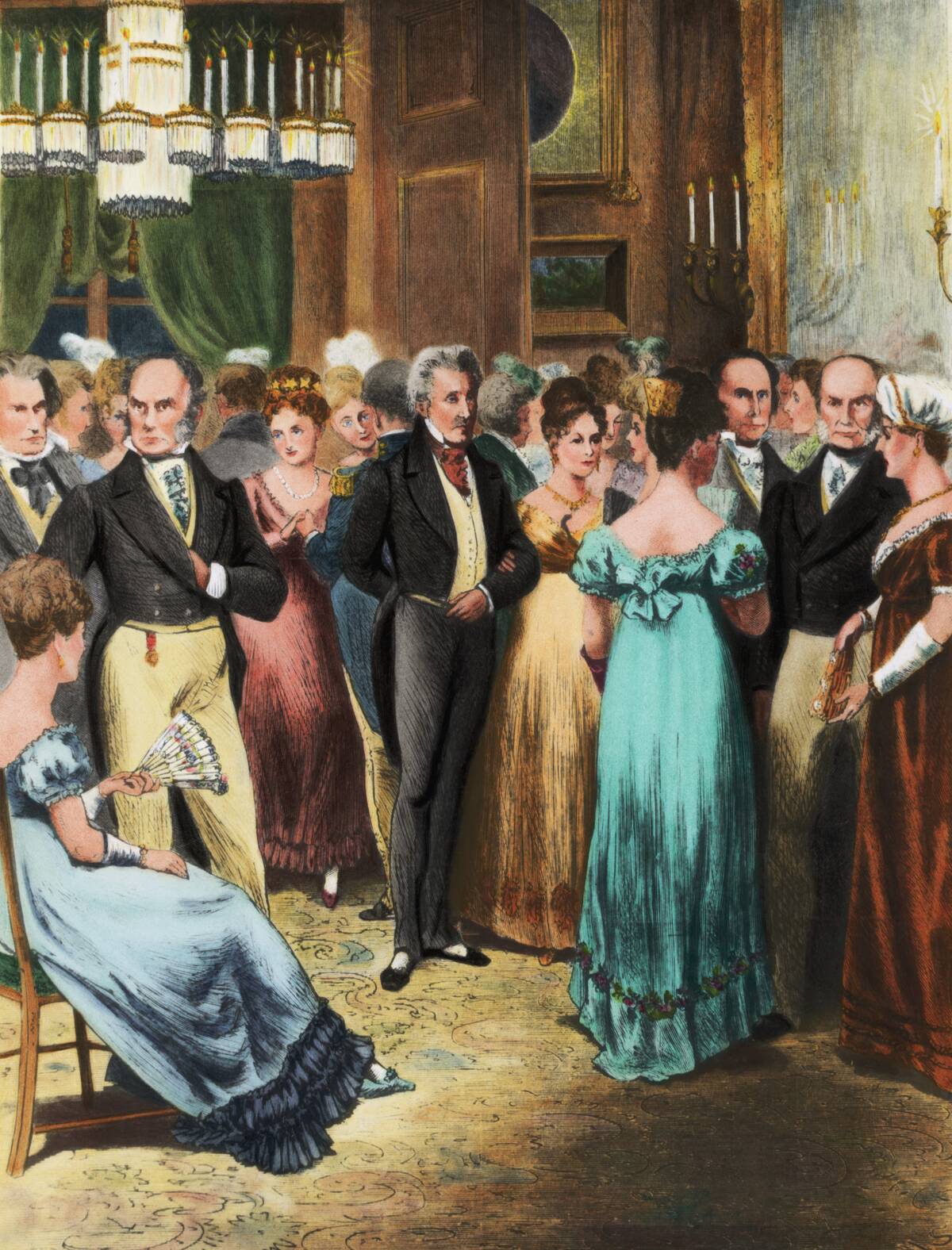
In 1824, four candidates vied for the presidency, but none secured a majority. Andrew Jackson won the popular vote, yet the Electoral College was split. The House of Representatives decided the election, choosing John Quincy Adams as president.
Jackson’s supporters dubbed this the “Corrupt Bargain” after Adams appointed Henry Clay, a rival, as Secretary of State. This election set the stage for Jackson’s victory four years later.
The Log Cabin Campaign of 1840: William Henry Harrison’s Hard Cider Strategy
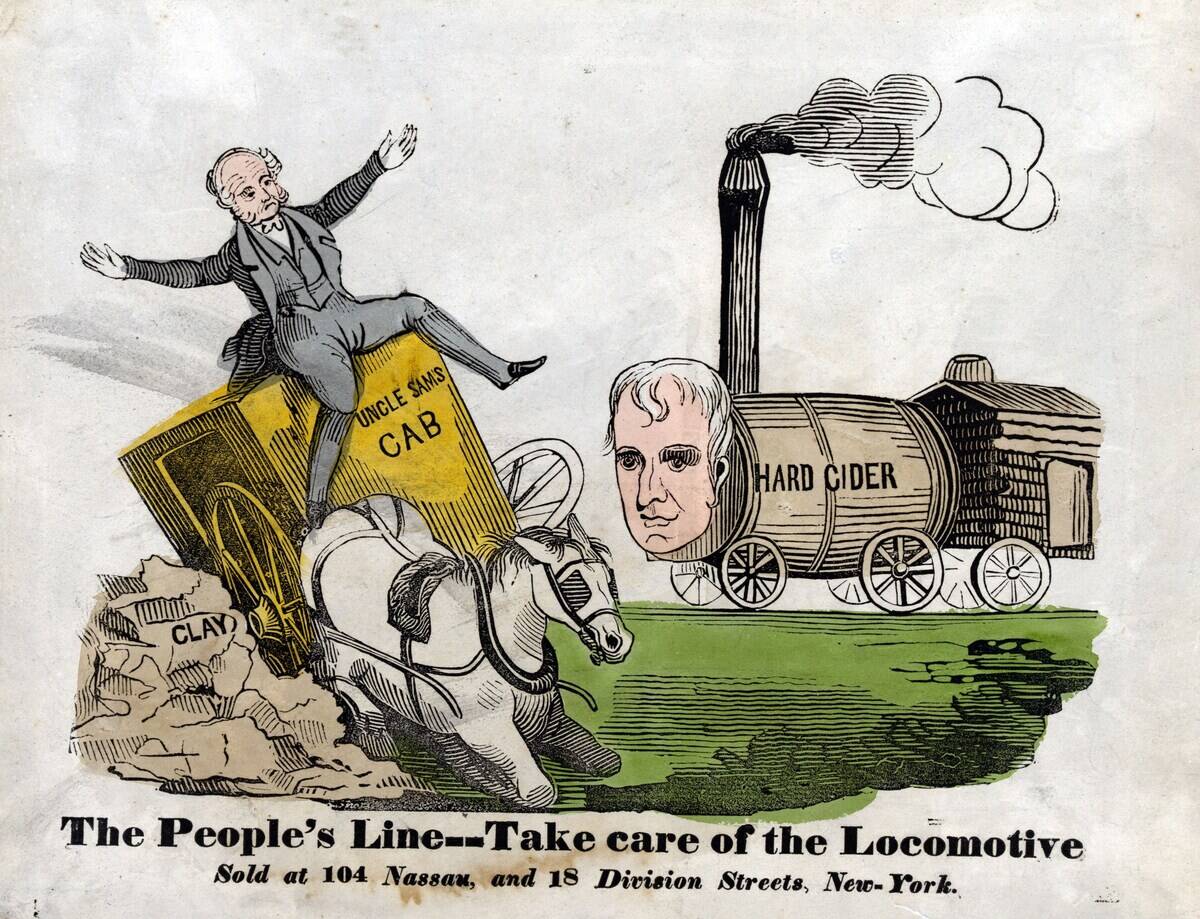
The 1840 election saw William Henry Harrison using an unconventional strategy to connect with voters. Known as the “Log Cabin Campaign,” it portrayed Harrison as a man of the people, living in a log cabin and drinking hard cider. This was inspired by a derisive statement the Democratic Party made about Harrison, which his Whig party did their best to ensure backfired.
This appeal to the common man helped Harrison defeat incumbent Martin Van Buren. The campaign’s success marked a shift in how candidates engaged with the electorate, emphasizing personality over policy.
The Disputed Election of 1876: Tilden, Hayes, and the Compromise of 1877
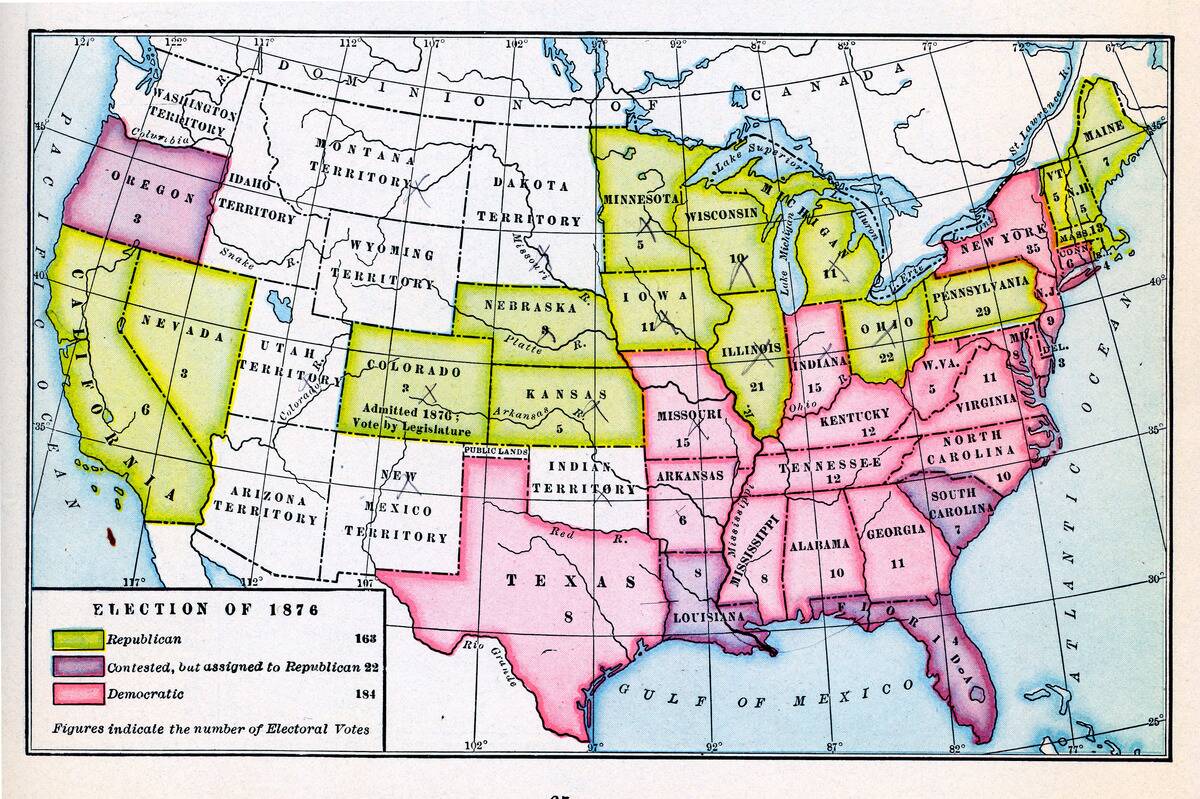
The 1876 election was one of the most contested in U.S. history. Samuel Tilden won the popular vote, but Rutherford B. Hayes challenged the results in several states.
A special commission awarded Hayes the presidency, leading to the Compromise of 1877. This agreement ended Reconstruction by withdrawing federal troops from the South, significantly impacting the region’s political and social landscape for decades.
The 1912 Four-Way Face-Off: Taft, Roosevelt, Wilson, and Debs Shake Things Up
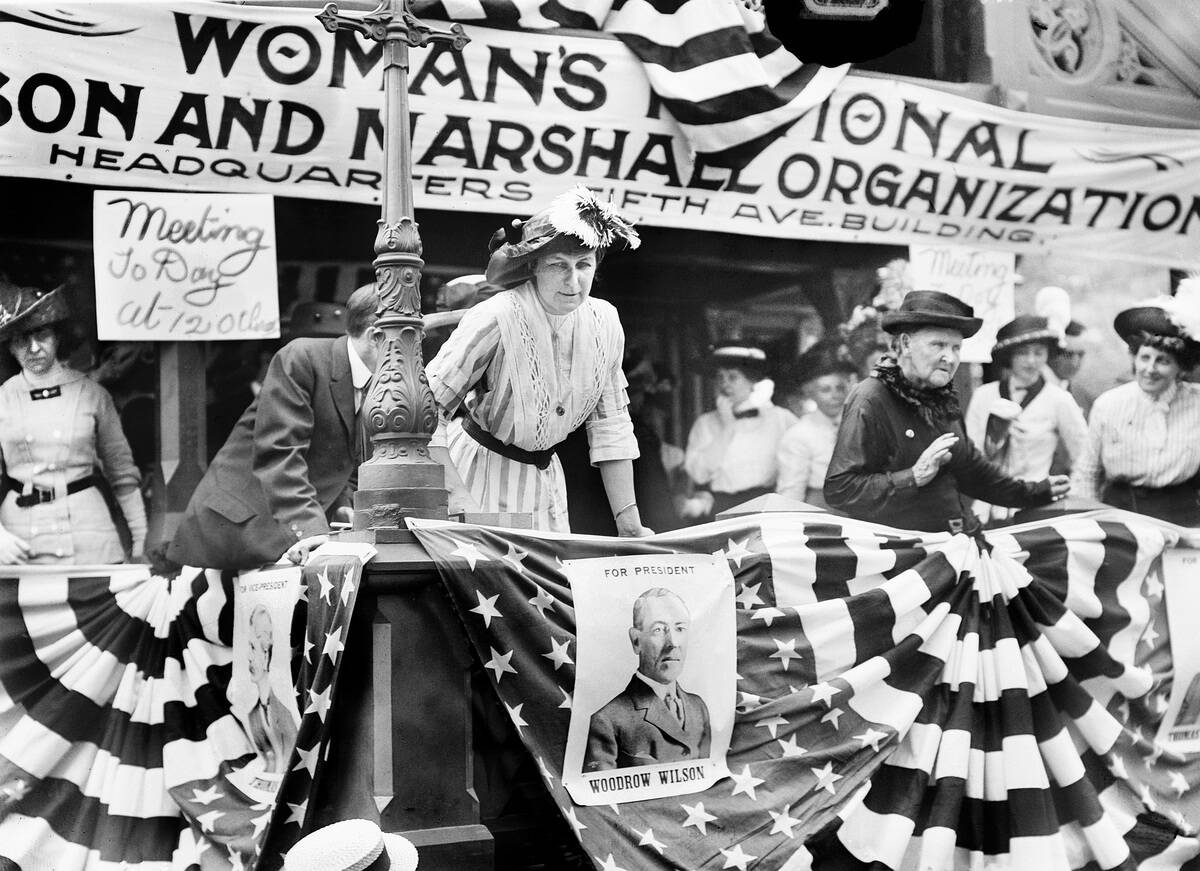
In 1912, the presidential race featured an unusual four-way contest. Incumbent William Howard Taft, former president Theodore Roosevelt, Woodrow Wilson, and socialist Eugene V. Debs competed for the nation’s highest office.
Roosevelt’s Progressive Party split the Republican vote, paving the way for Wilson’s victory. This election highlighted the influence of third parties and the divisions within major political movements.
The 1948 Upset: Truman’s Surprise Victory Over Dewey
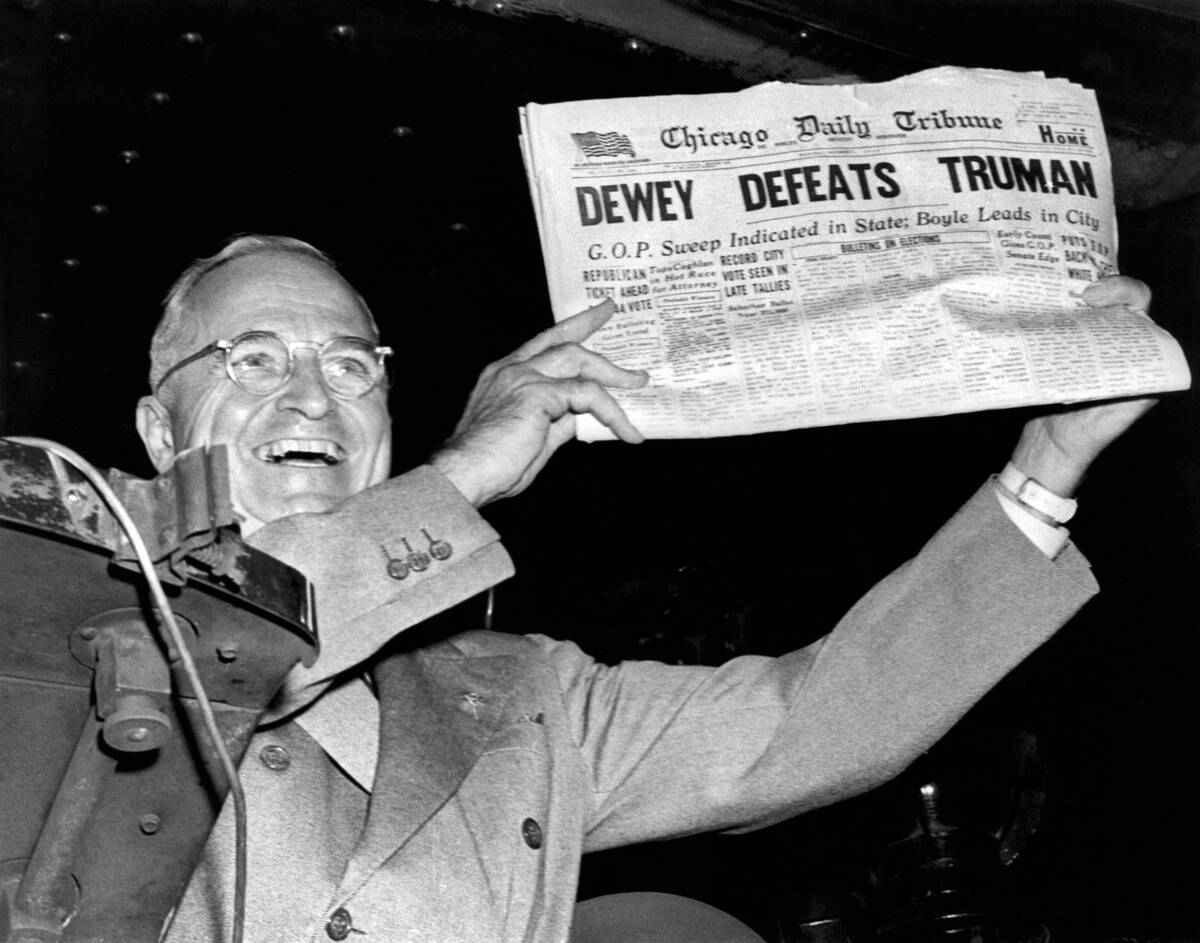
The 1948 election is famous for its unexpected outcome. Polls and headlines predicted a victory for Republican Thomas Dewey over Democratic incumbent Harry Truman. However, Truman’s vigorous campaign and whistle-stop tour turned the tide.
His victory stunned the nation and solidified his reputation as a tenacious leader. The iconic “Dewey Defeats Truman” headline remains a cautionary tale about the perils of premature predictions.
The Tumultuous Election of 1960: Kennedy vs. Nixon and the Power of Television
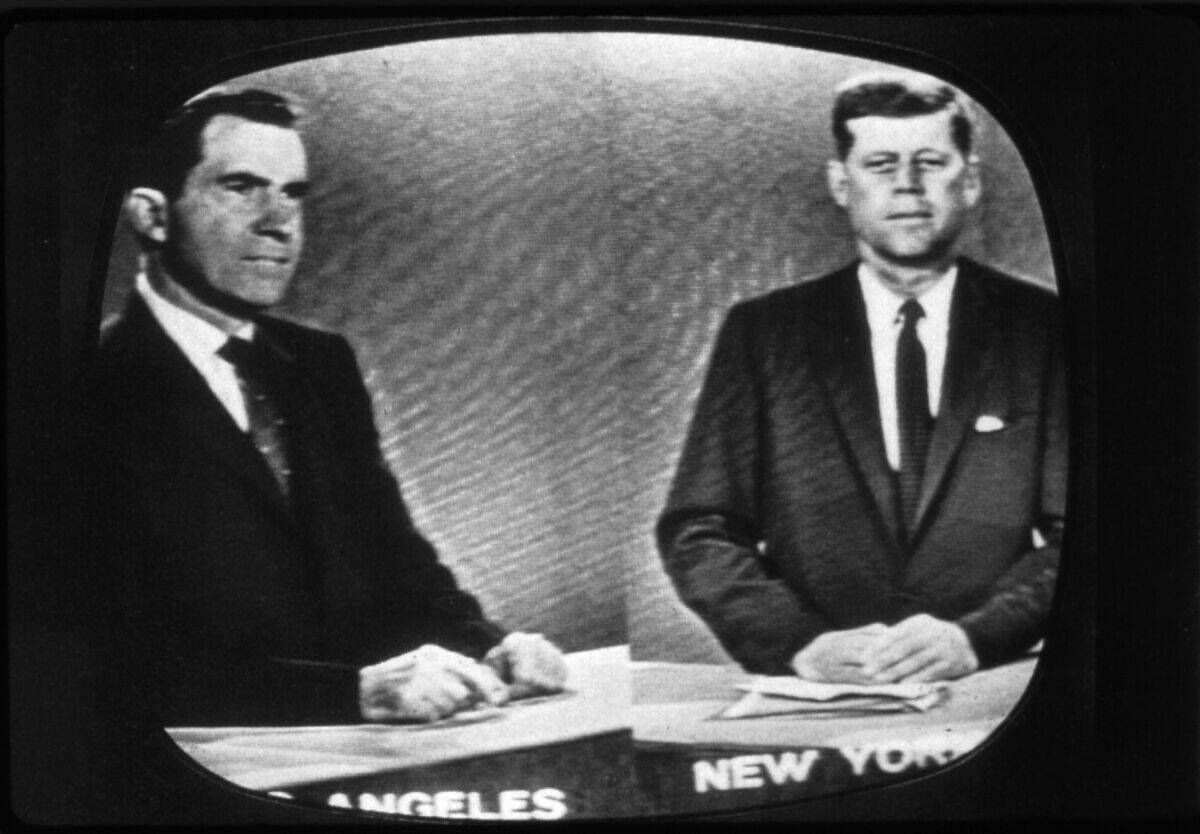
The 1960 election was a turning point in political communication, featuring the first televised presidential debates. John F. Kennedy and Richard Nixon’s debates highlighted the importance of media presence.
Kennedy’s charisma and telegenic appeal contrasted with Nixon’s more reserved demeanor, swaying public opinion. This election underscored the growing influence of television in shaping political perceptions and the necessity for candidates to master its usage.
The Chaotic 1968 Election: Nixon, Humphrey, and the Shadow of Vietnam
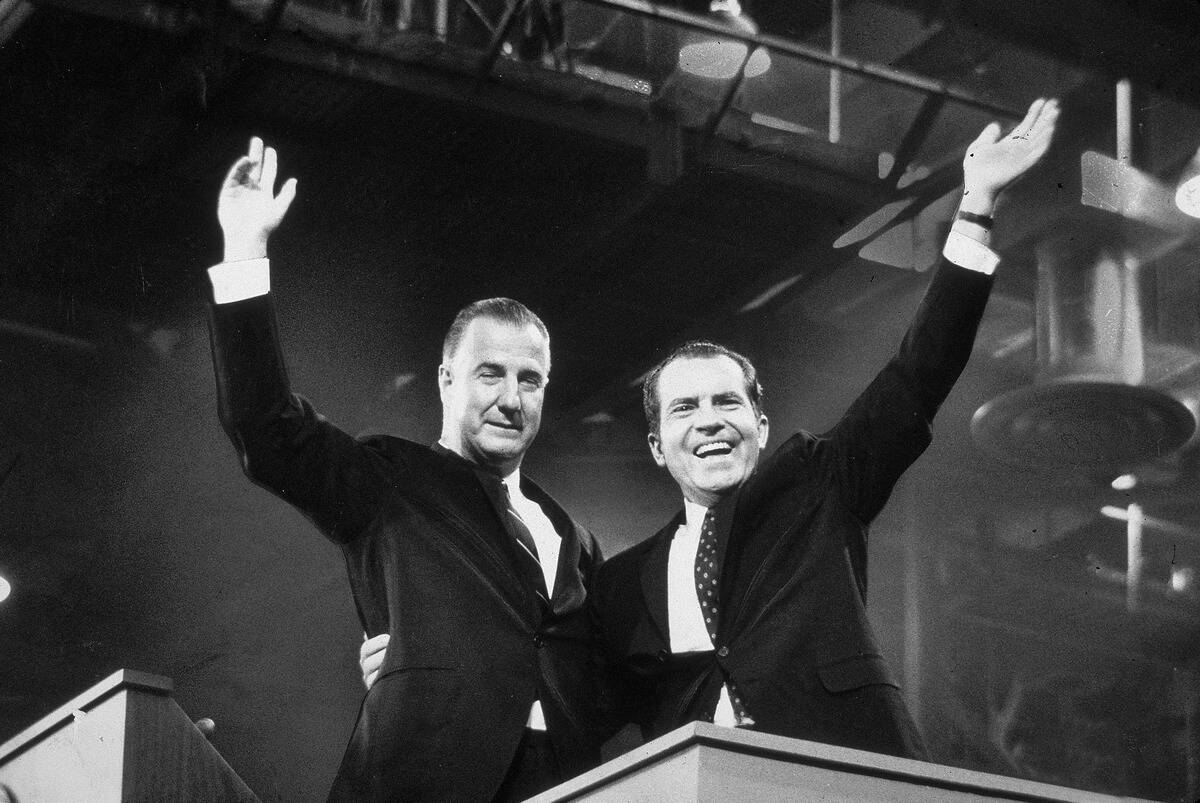
The 1968 election unfolded amid national turmoil, with the Vietnam War and civil unrest dominating headlines. Richard Nixon, Hubert Humphrey, and George Wallace vied for the presidency. Nixon’s “law and order” platform resonated with voters seeking stability.
The election’s contentious atmosphere reflected deep societal divisions, and Nixon’s narrow victory set the stage for significant political shifts in the years that followed.
The Watergate Election of 1972: Nixon’s Landslide Amid Scandal
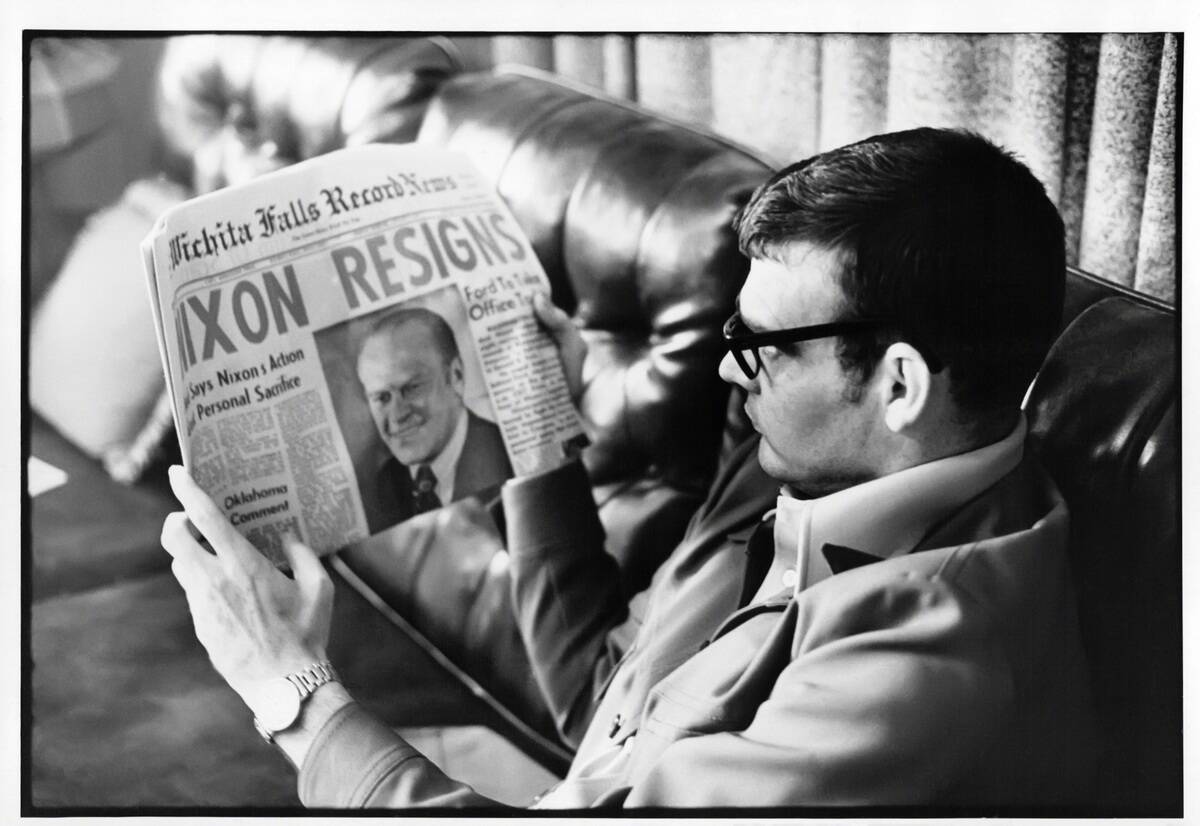
The 1972 election occurred under the shadow of the Watergate scandal. Despite the brewing controversy, Richard Nixon secured a landslide victory against Democrat George McGovern. Nixon’s strong foreign policy record and economic platform appealed to voters.
However, the unfolding Watergate scandal would lead to his resignation in 1974. This election highlighted the complex interplay between political success and ethical accountability.
The 2000 Florida Recount: Bush vs. Gore and the Supreme Court Showdown
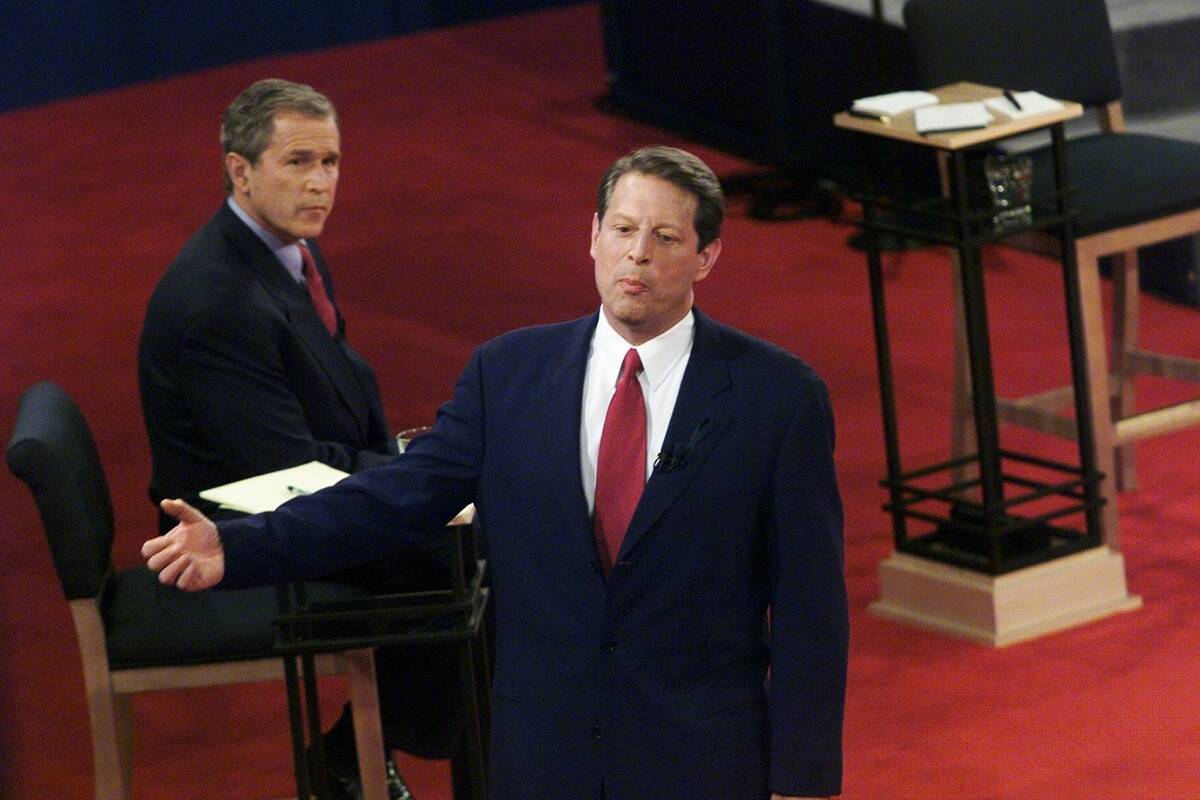
The 2000 presidential election is infamous for its dramatic conclusion. The contest between George W. Bush and Al Gore hinged on Florida’s electoral votes. A tight race led to a chaotic recount process, ultimately decided by the Supreme Court in Bush v. Gore.
This decision awarded Florida’s votes to Bush, securing his presidency. The election underscored the importance of electoral processes and the role of the judiciary in democratic outcomes.
The Unconventional Election of 2016: Trump vs. Clinton and the Social Media Storm
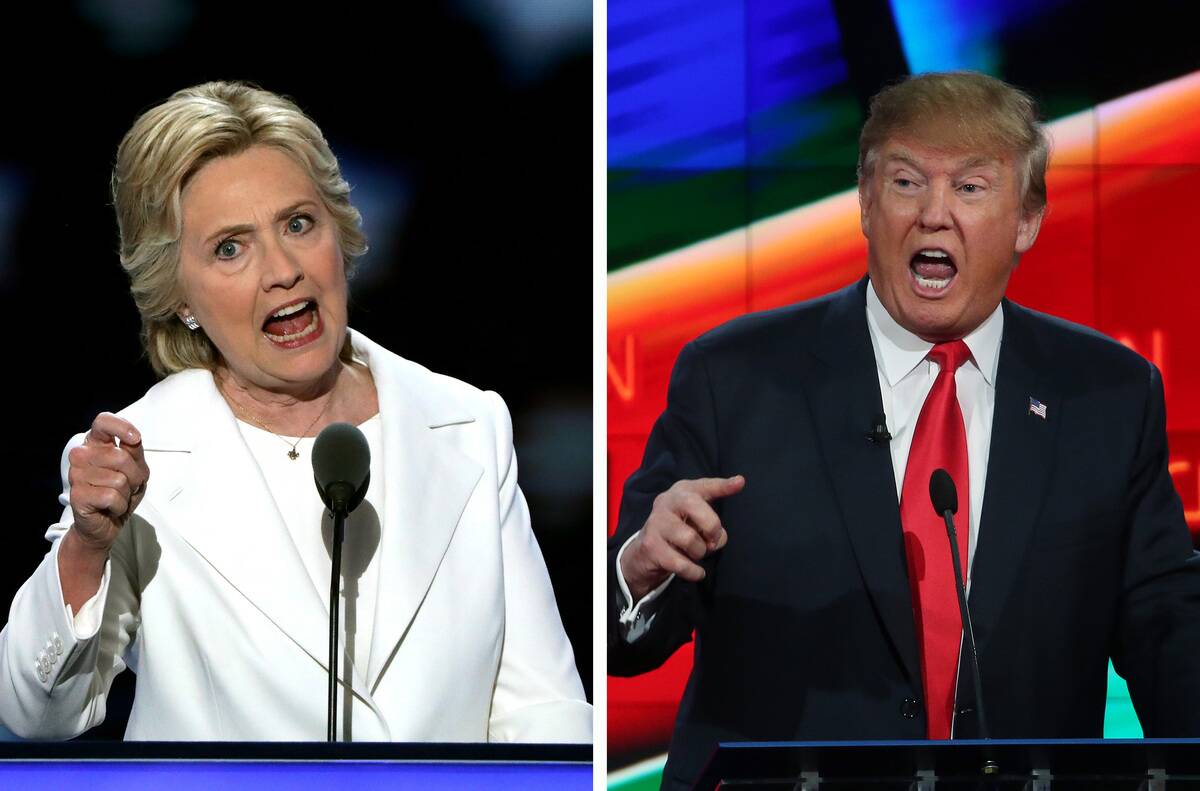
The 2016 election was marked by its unprecedented use of social media. Donald Trump and Hillary Clinton engaged voters through platforms like Twitter, transforming political communication.
Trump’s outsider status and direct messaging resonated with many Americans, leading to his unexpected victory. This election highlighted the power of social media in shaping public discourse and influencing political dynamics in the digital age.
The 2020 Pandemic Election: Biden vs. Trump and the Mail-In Ballot Surge
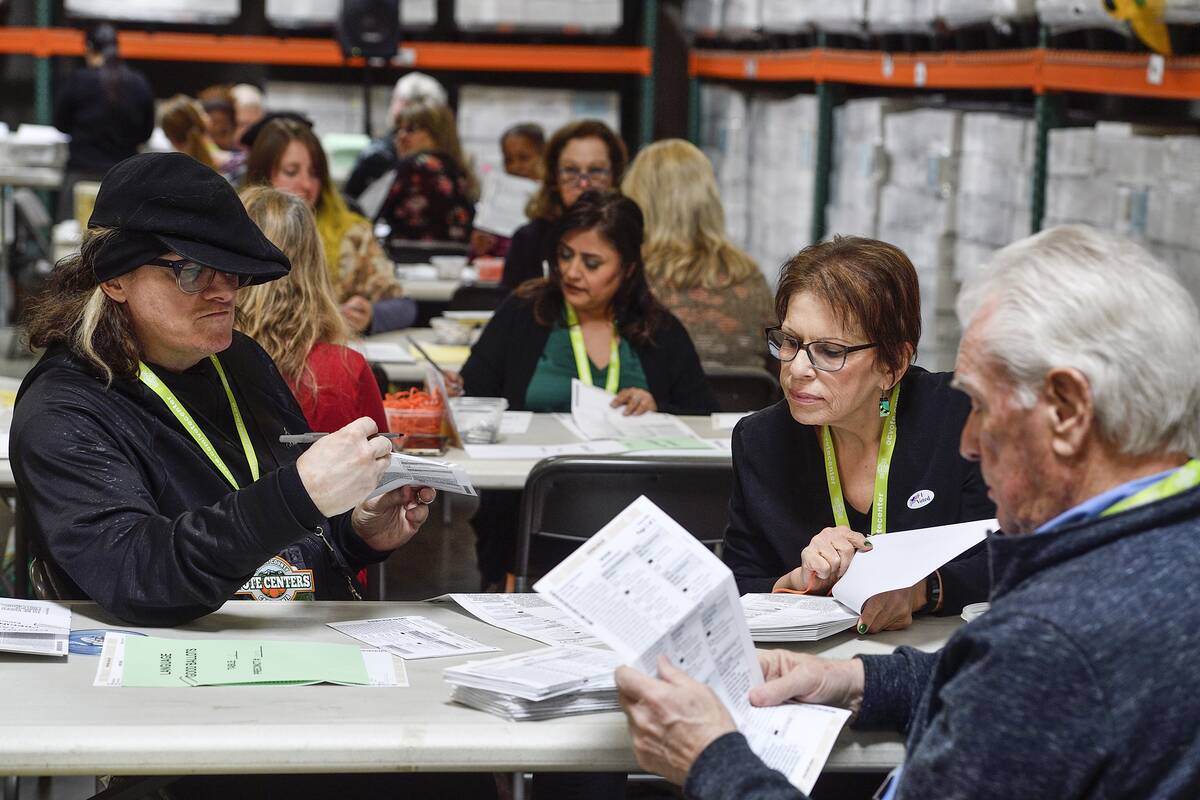
The 2020 election took place amid the COVID-19 pandemic, prompting a surge in mail-in voting. Joe Biden and Donald Trump faced off in a highly polarized environment.
Health concerns led to changes in voting procedures, with a record number of Americans casting ballots by mail. Biden’s victory was confirmed after days of counting, emphasizing the resilience of democracy even in challenging times and the evolving nature of electoral processes.



